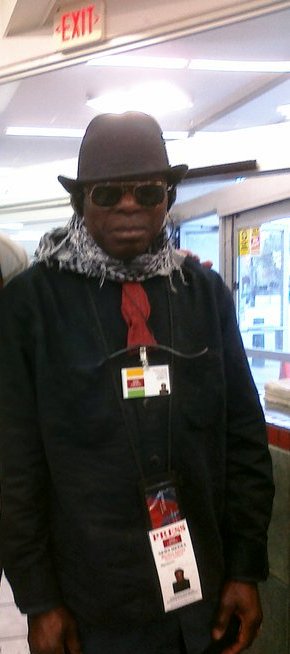When an Israeli soldier kills a wounded terrorist
The political storm around the soldier’s trial involves even Israel’s prime minister

THE footage left little room for doubt. A video filmed on March 24th by an Israeli human-rights organisation showed a Palestinian man lying on the ground, apparently wounded after trying to stab Israeli soldiers in a Jewish settlers’ enclave in Hebron, a city in the West Bank. Then a soldier stands over him and shoots him in the head.
The soldier, a 19 year-old sergeant, was arrested by the military police. The legal branch of the Israel Defence Force (IDF) went to work building a case against him for manslaughter. The IDF announced that the soldier had acted against orders and would face the music. But meanwhile, the political world erupted.
Despite the army’s evidence that the wounded assailant posed no immediate threat to the soldiers or to civilians, as the shooter claims, public opinion has been highly sympathetic towards “the boy”. A survey by the Midgam polling company found that 42% of Israelis believed the shooter had acted “responsibly” while 24% thought that it was “a natural response to a stressful situation”. Only 19% believed he had been “disobeying orders” and 5% regarded the shooting as “murder”. A hefty 57% thought the soldier should never have been arrested, and only 32% said the army had acted correctly in charging him.
Israelis generally hold their army in high regard, but this episode has pitted the IDF high command against the soldiers in the field. This time, the public is against the generals, seeing the young soldier as a scapegoat for the mistakes of his superiors. The education minister, Naftali Bennett, said: “He’s not a hero but he’s certainly not a murderer.” The swell of support for the sergeant reflects not only a hawkish shift in Israeli politics over the past decade, but a hardening in public attitudes over the past six months, as Palestinian attacks on Israeli citizens—dubbed the “stabbing intifada”—have resulted in 34 Israeli deaths. Some 121 Palestinians involved in the attacks have been killed by Israeli security personnel and armed civilians. Palestinian leaders have accused Israel of carrying out extrajudicial executions, a charge that Israel has strenuously denied.
A crowd chanting anti-Arab slogans gathered outside the military courthouse during the arraignment last week. Inside, right-wing politicians, including a former foreign minister, Avigdor Lieberman, showMinister Binyamin Netanyahu,ed up to support the soldier and condemn his accusers. Even Prime who had at first criticised the shooting as being “contrary to the IDF’s values”, made a point of calling the soldier’s father and assuring him that his son would receive proper treatment.
It is hard to detach the shooting from the current poisonous atmosphere in Israel where politicians, even including the leader of the centrist Yesh Atid party, Yair Lapid, have said that soldiers who see any Palestinian wielding a knife “should shoot to kill”. It has fallen to the army’s leaders to call for restraint. “In every situation we have to act professionally, using focused, measured and balanced force, to fulfil our mission and be true to our values,” wrote the chief of staff, Lieutenant-General Gadi Eizenkot, in a letter to all Israeli soldiers. In the Knesset, Moshe Yaalon, the defence minister, admonished his cabinet colleagues: “Do you want an army that behaves like animals?” Some apparently do.

No comments:
Post a Comment